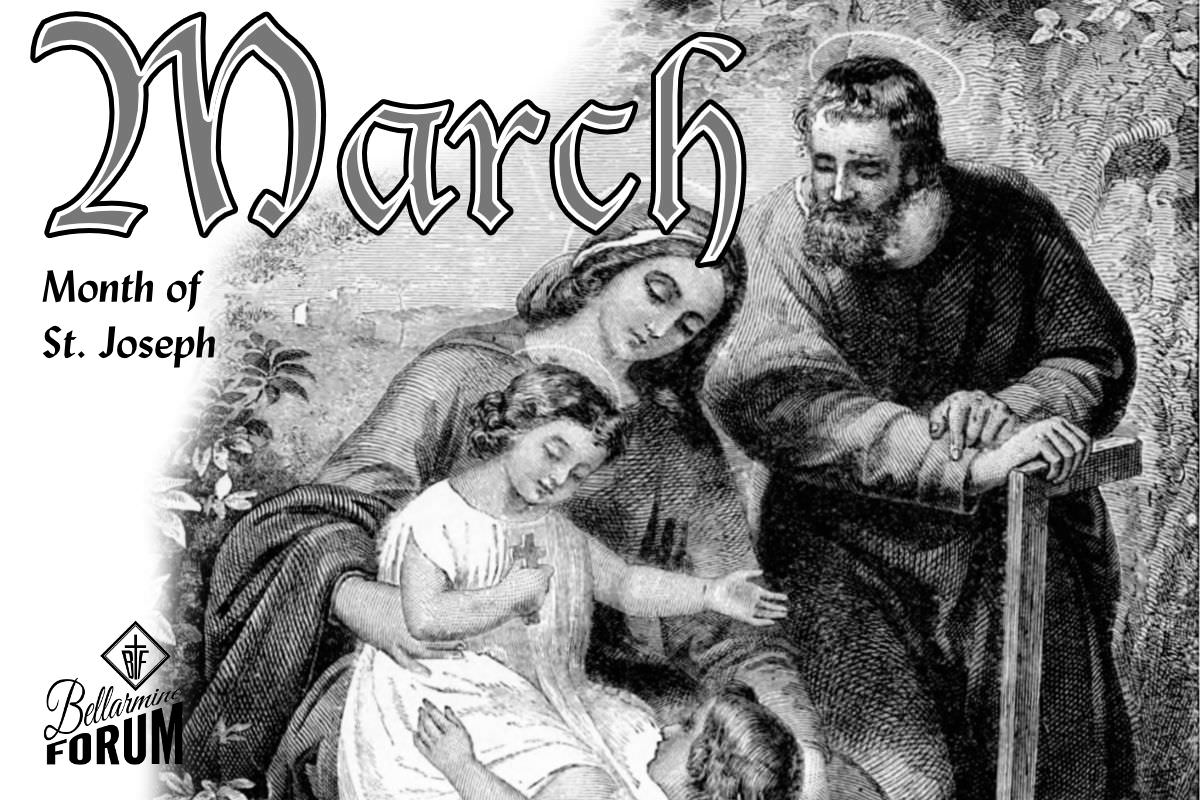- St. Peter Canisius (1579). Doctor of the Church, Priest. (Traditional)
- St. Zita of Lucca (1278). Patron or Patroness. Patroness of of domestic workers. (Historical)
ZITA lived for forty-eight years in the service of Fatinelli, a citizen of Lucca. During this time she rose each morning, while the household were asleep, to hear Mass, and then toiled incessantly till night cane, doing the work of others as well as her own. Once Zita, absorbed in prayer, remained in church past the usual hour of her bread-making. She hastened home, reproaching herself with neglect of duty, and found the bread made and ready for the oven. She never doubted that her mistress or one of her servants had kneaded it, and going to them, thanked them; but they were astonished. No human being had made the bread. A delicious perfume rose from it, for angels had made it during her prayer. For years her master and mistress treated her as a mere drudge, while her fellow-servants, resenting her diligence as a reproach to themselves, insulted and struck her. Zita united these sufferings with those of Christ her Lord, never changing the sweet tone of her voice, nor forgetting her gentle and quiet ways. At length Fatinelli, seeing the success which attended her undertakings, gave her charge of his children and of the household. She dreaded this dignity more than the worst humiliation, but scrupulously fulfilled her trust. By her holy economy her master’s goods were multiplied, while the poor were fed at his door. Gradually her unfailing patience conquered the jealousy of her fellow-servants, and she became their advocate with their hot-tempered master, who dared not give way to his anger before Zita. In the end her prayer and toil sanctified the whole house, and drew down upon it the benediction of Heaven. She died A.D. 1272, and in the moment of her death a bright star appearing above her attic showed that she had gained eternal rest.
REFLECTION: “What must I do to be saved?” said a certain one in fear of damnation. “Work and pray, pray and work,” a voice replied, “and thou shalt be saved.” The whole life of St. Zita teaches us this truth.
WORD OF THE DAY
INTELLECTUAL VIRTUES. Good habits of the mind, enabling it to be a more efficient instrument of knowledge. They are distinguished from the moral virtues, since they do not, as such, make one a better person. They make one more effective in the use of what he or she knows and, to that extent, contribute to the practice of moral virtue. According to Aristotle and St. Thomas Aquinas, there are five intellectual virtues: three pertaining to the theoretical or speculative intellect concerned with the contemplation of the true; and two pertaining to the practical intellect, concerned with the two forms of action, making and doing.
The three speculative intellectual virtues are understanding, science, and wisdom. Understanding (Greek nous, intuitive mind) is the habit of first principles. It is the habitual knowledge of primary self-evident truths that lie at the root of all knowledge. Science (Greek episteme, knowledge) is the habit of conclusions drawn by demonstration from first principles. It is the habitual knowledge of the particular sciences. Wisdom (Greek sophia, wisdom) is the habit of knowing things in their highest causes. It is the organized knowledge of all principles and conclusions in the truth called philosophy.
The two practical intellectual virtues are art and prudence. Art (Greek techne, craftsmanship) is the habit of knowing how to make things, how to produce some external object. As a practical virtue, it includes the mechanical and fine arts and most liberal arts. Prudence (Greek phronesis, practical wisdom) is the habit of knowing how to do things, how to direct activity that does not result in tangible products. It enables one to live a good human life and is the only one of the intellectual virtues that cannot exist apart from the moral virtues.
Modern Catholic Dictionary, Fr. John Hardon SJ (Get the real one at Eternal Life — don’t accept an abridged or edited version of this masterpiece!)
EASTER MEDITATIONS
Enjoy daily meditations this Easter from Fr. Richard Clarke, SJ. Short and powerful, written in 1880 for busy lay people to reap rewards through Eastertide: 29 — The Questioning of St. Peter.



